Washington, D.C., Feb. 5, 2024 — Today, the House began renewing our nation’s commitment to strengthening the dementia public health infrastructure by introducing the bipartisan BOLD Infrastructure for Alzheimer’s Reauthorization Act. The Alzheimer’s Association and the Alzheimer’s Impact Movement (AIM) are proud to support this bipartisan legislation that will reauthorize the Building Our Largest Dementia (BOLD) Infrastructure for Alzheimer’s Act (P.L.115-406).
“Because of funding made possible through the BOLD Act, public health departments throughout the nation are successfully implementing effective Alzheimer’s interventions,” said Robert Egge, AIM president and Alzheimer’s Association chief public policy officer. “The BOLD Infrastructure for Alzheimer’s Reauthorization Act will ensure the critical work being done in communities continues to grow and have real-world impact in the years ahead. Thank you to the bipartisan congressional champions for your leadership in introducing this legislation and for your continued commitment to enhancing the dementia public health infrastructure.”
To continue this critical public health work, Reps. Brett Guthrie (R-Ky.), Paul Tonko (D-N.Y.), Chris Smith (R-N.J.) and Maxine Waters (D-Calif.) have introduced the BOLD Infrastructure for Alzheimer’s Reauthorization Act. This legislation will reauthorize the BOLD Act and empower public health departments to continue improving brain health and supporting caregivers in their communities.
The original BOLD Act, led by the same bipartisan champions, has been essential to creating and growing a public health infrastructure for dementia across the country. Through the law, the Centers for Disease Control and Prevention (CDC) has provided funding to state, local and tribal public health departments to help them implement effective dementia interventions such as reducing risk, increasing early detection and diagnosis, supporting the needs of caregivers, and advancing health equity. But more work remains.
“Because of BOLD, even more public health professionals in communities throughout the country are taking action on strategies that improve brain health across the life course,” Egge said. “I urge Congress to continue this great progress and build up our nation’s dementia public health infrastructure by reauthorizing this critical legislation.”
Since its enactment, the CDC has awarded funding to 66 state, local and tribal health departments. In 2023, the CDC announced 43 BOLD award recipients, the most in a single year since BOLD was signed into law. These award recipients are working to implement public health strategies that promote brain health, address dementia, and support individuals living with dementia and their caregivers.
Each year, Congress provides critical funding that not only funds the BOLD program awards, but also the BOLD Public Health Centers of Excellence and the Healthy Brain Initiative (HBI). The HBI is a longstanding collaboration to advance understanding of and support for cognitive decline as a central part of public health practice. The Healthy Brain Initiative: State and Local Road Map for Public Health, 2023-2027 provides a framework for BOLD award recipients to lead with urgency and act for impact in their communities to improve brain health across the life course and support caregivers.
About the Alzheimer’s Association
The Alzheimer’s Association is a worldwide voluntary health organization dedicated to Alzheimer’s care, support and research. Our mission is to lead the way to end Alzheimer’s and all other dementia — by accelerating global research, driving risk reduction and early detection, and maximizing quality care and support. Our vision is a world without Alzheimer’s and all other dementia®. Visit alz.org or call 800.272.3900.


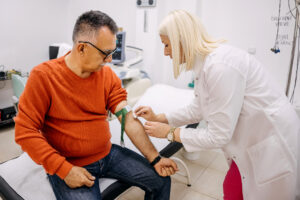





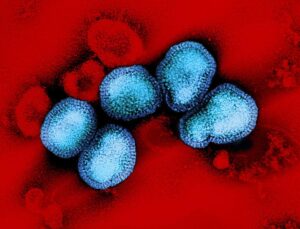
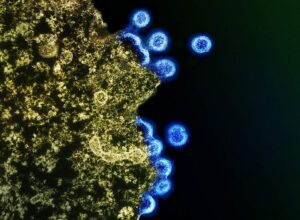
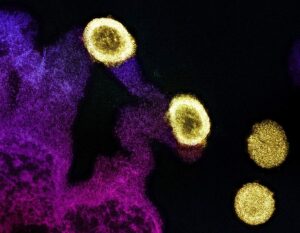
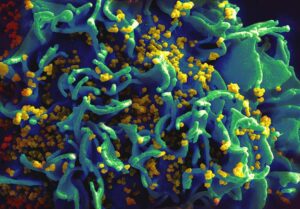
Post Comment